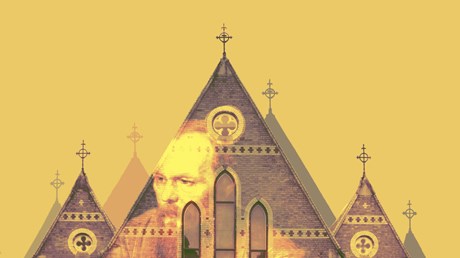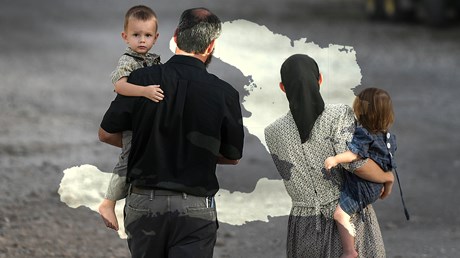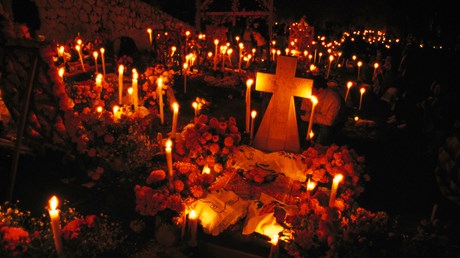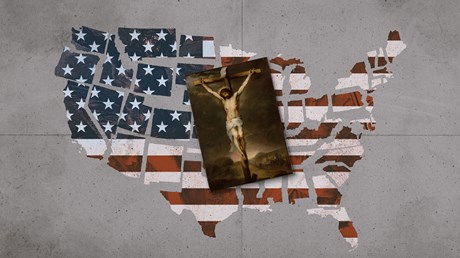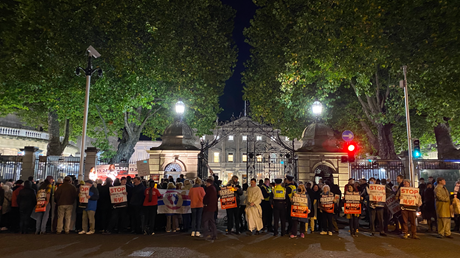Political tensions in the pews have calmed, and another survey shows leaders’ Trump support yielded more positives than negatives for evangelicals.
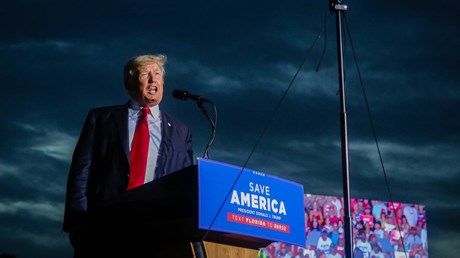
Political polarization has subsided in most American churches a year after the 2020 presidential elections. But there are notable exceptions to that trajectory, and new research has found lingering effects of evangelical support for former president Donald Trump.
The remnants of tension are evident at congregations such as Seattle’s Downtown Cornerstone Church, where pastor Adam Sinnett has been surprised “at how challenging it is to really cultivate unity amidst [our] political differences.”
In the youthful, mobile, and tech-savvy church, members who “leaned more toward the far left and the far right tended to have the most difficult time in this last season,” Sinnett said, “and they also were the ones that gravitated away from the church.”
The Seattle congregation’s experience aligns with data released this week by Heart and Mind Strategies, a research and consulting organization. A survey of 1,000 US adults conducted in August found some remaining sources of political strife for evangelicals.
Around half of Americans believe evangelical leaders’ support of Trump hurt the church’s credibility. One in four say evangelical support for Trump reduced their desire to participate in religion. And among evangelicals, 33 percent say their leaders’ support of Trump made personal witness to friends and family more difficult.
The political strife the church has endured in recent years “shows the world that Jesus doesn’t really unite people like we say he does,” Sinnett said.
At Downtown Cornerstone, the political differences show up “in three primary spheres: personal relationships, small groups, and most pointedly around decisions ...
from Christianity Today Magazine https://ift.tt/3pTMykP
